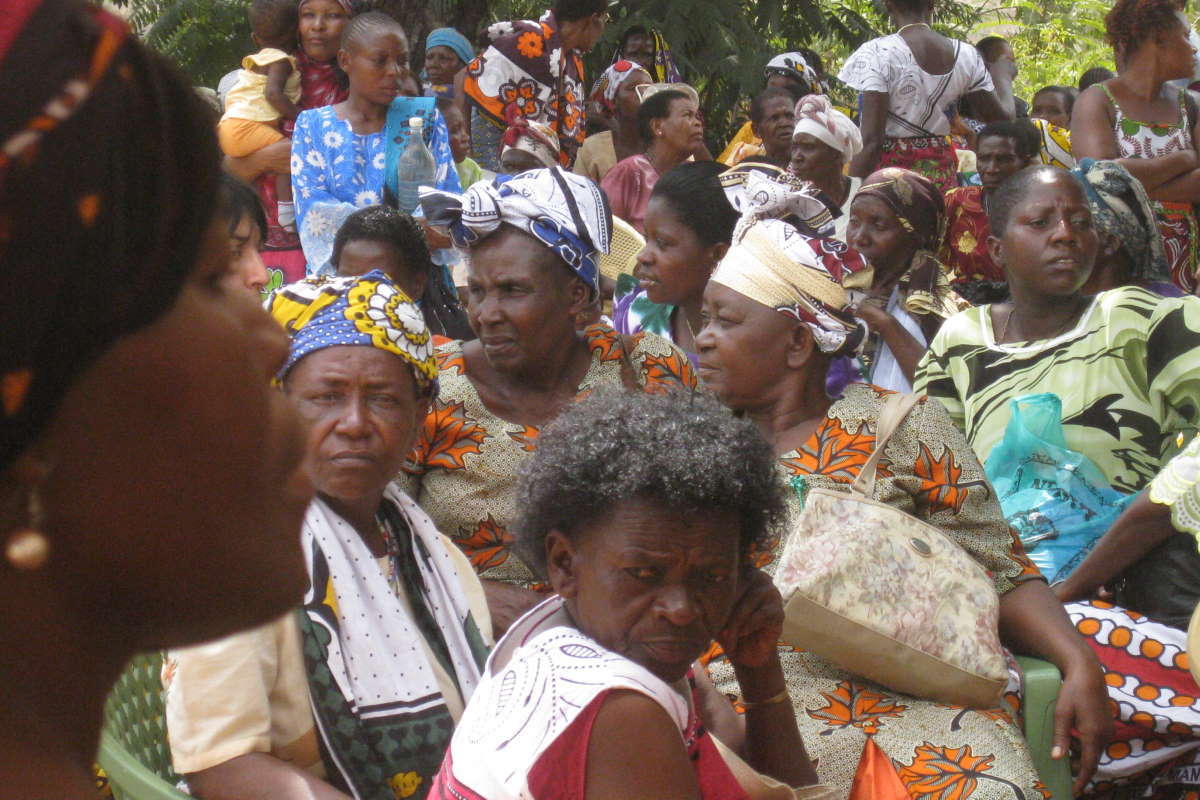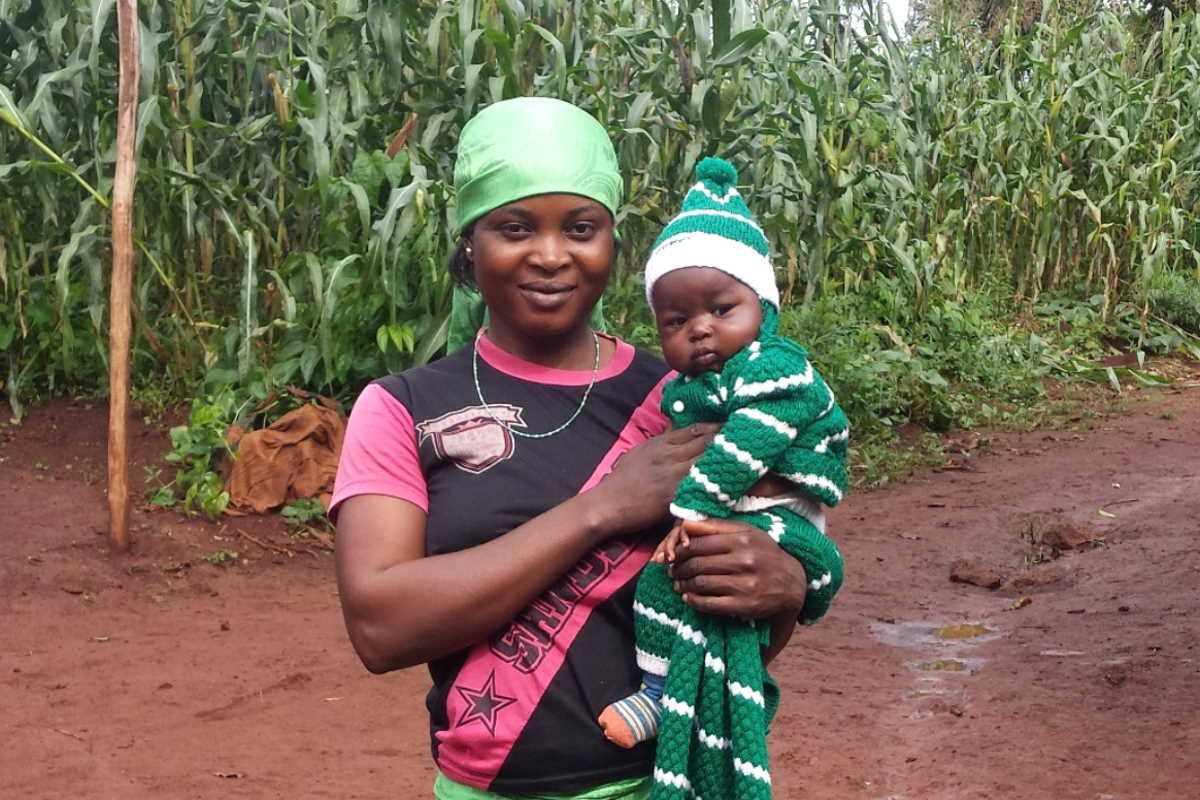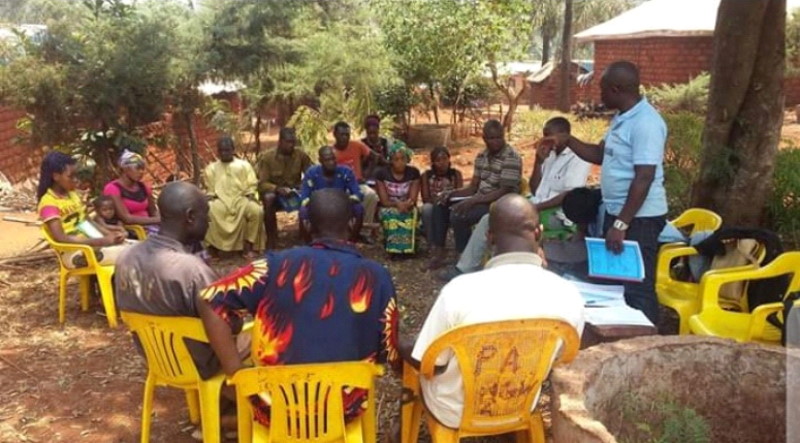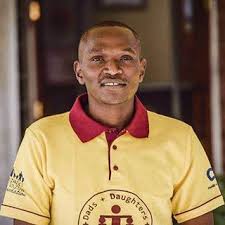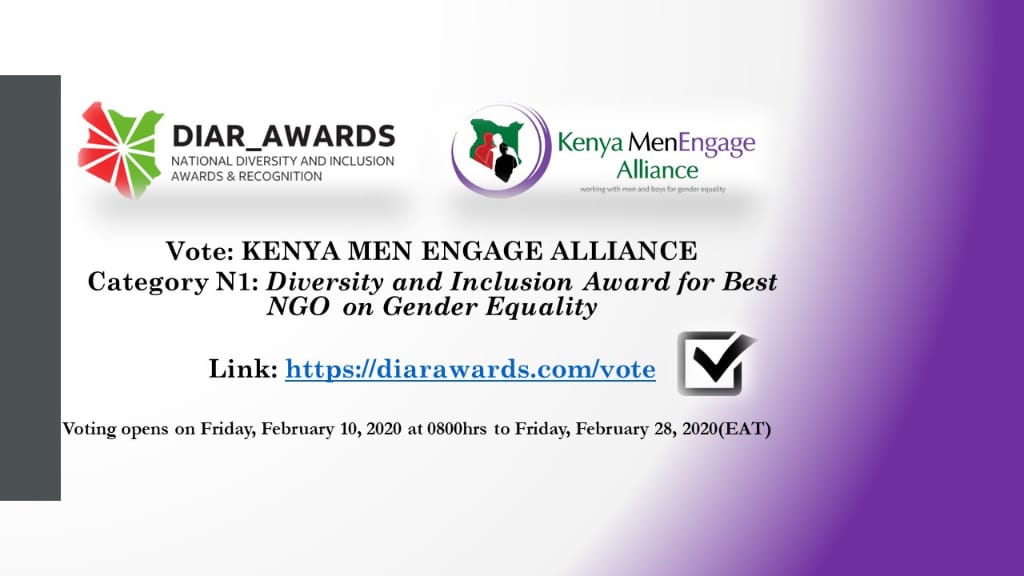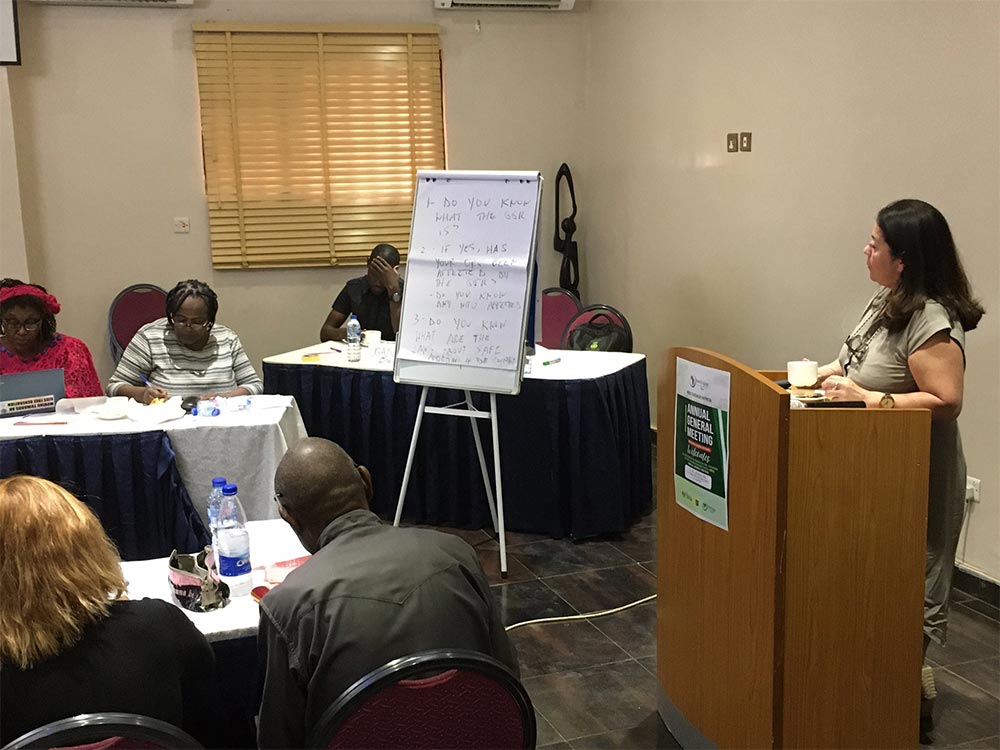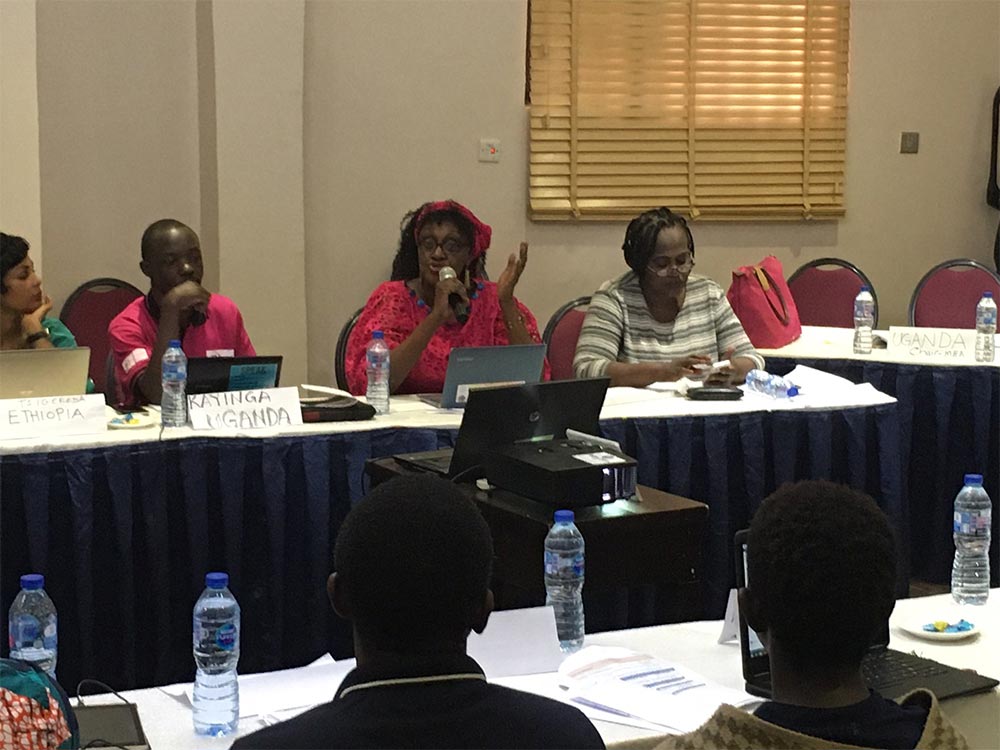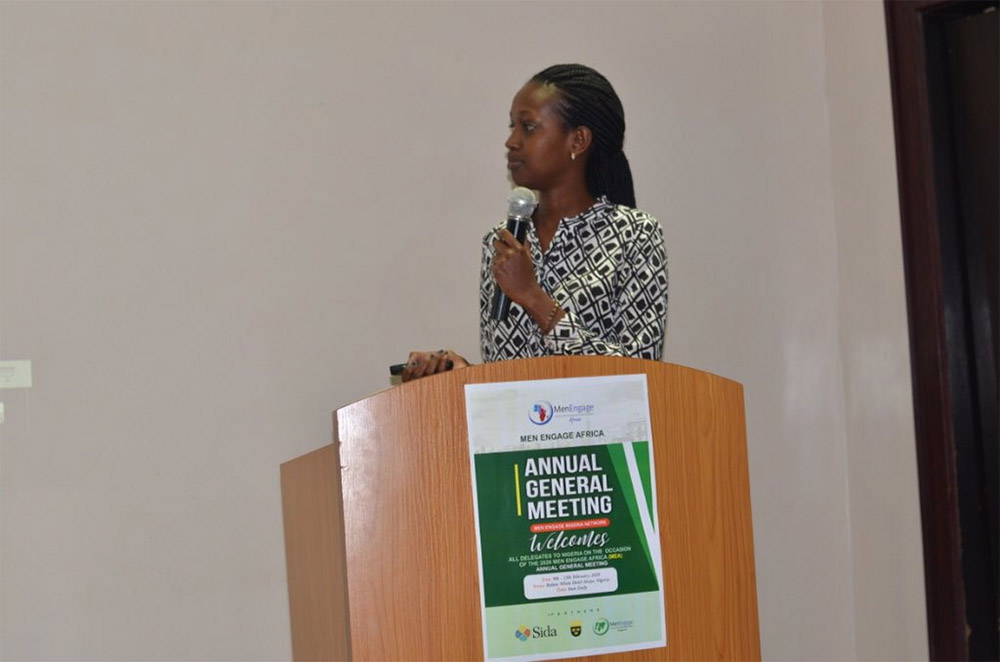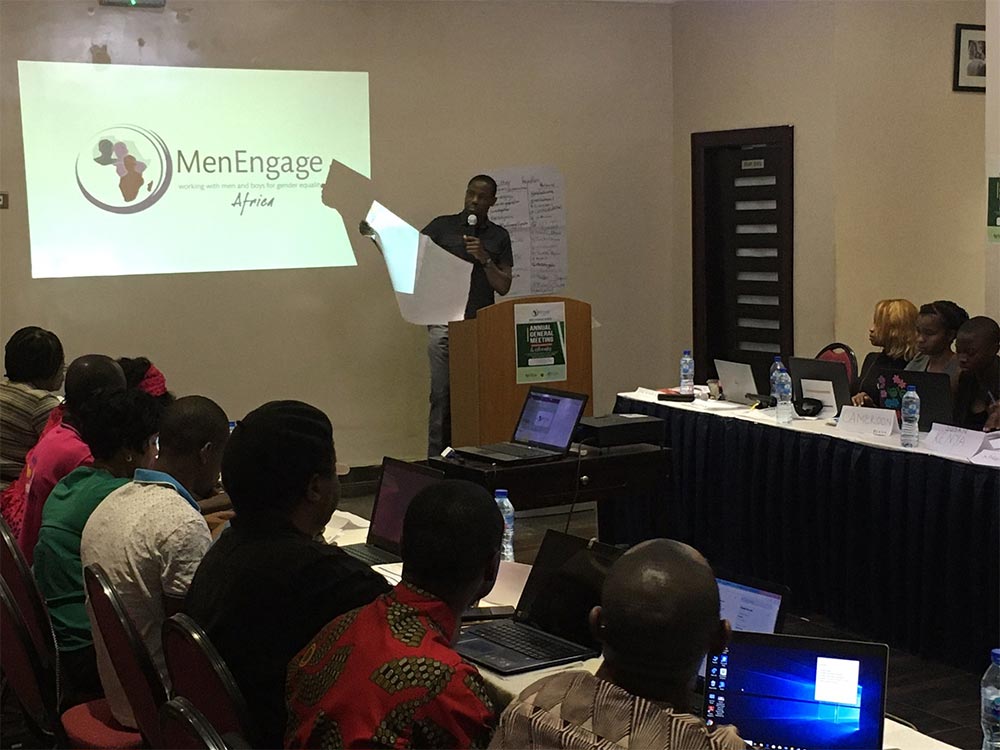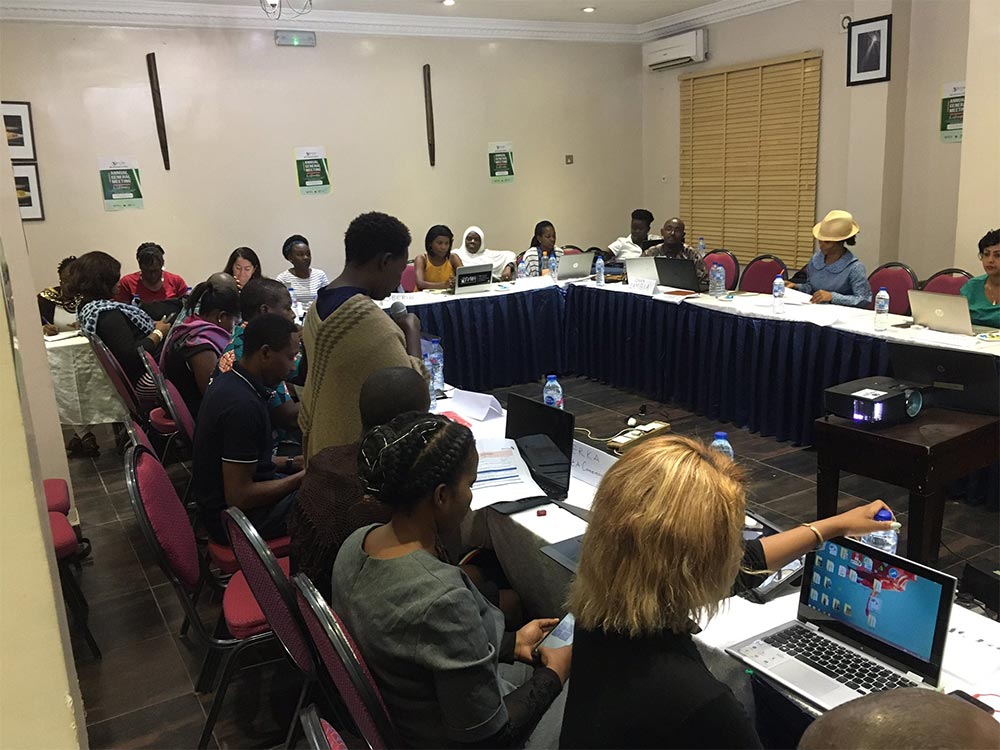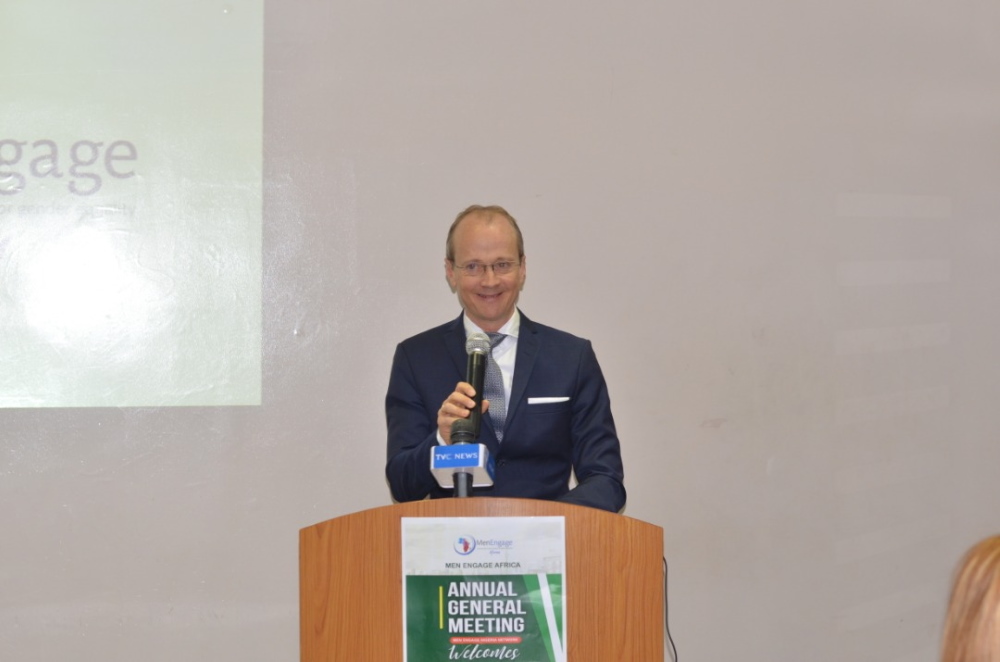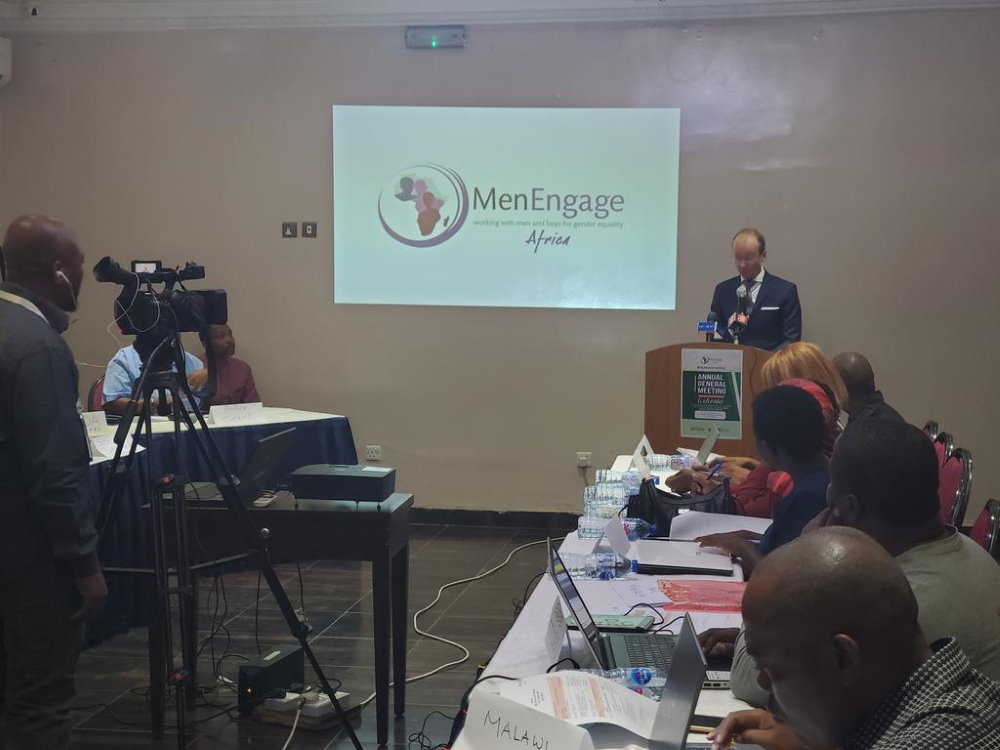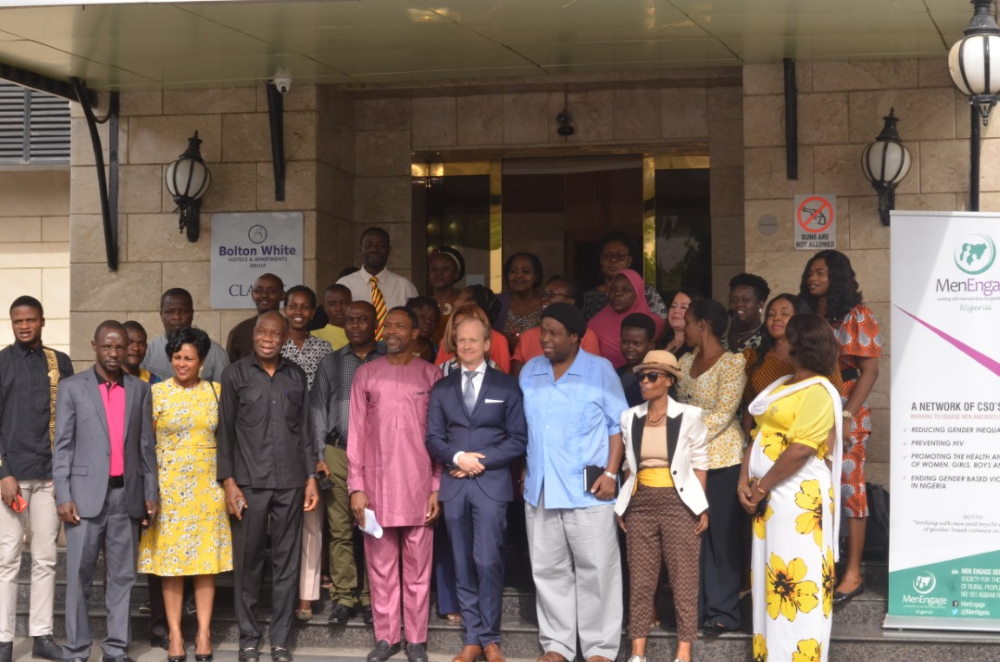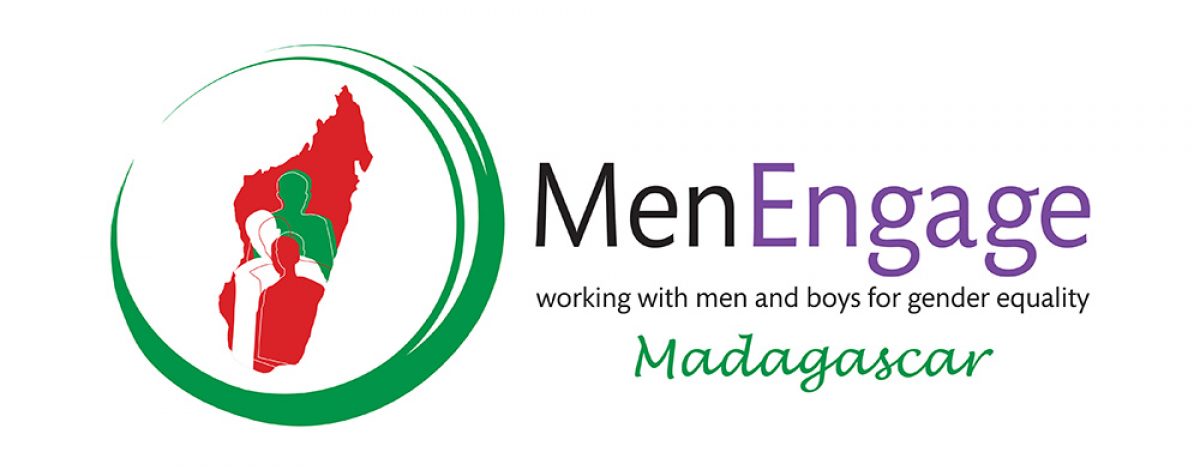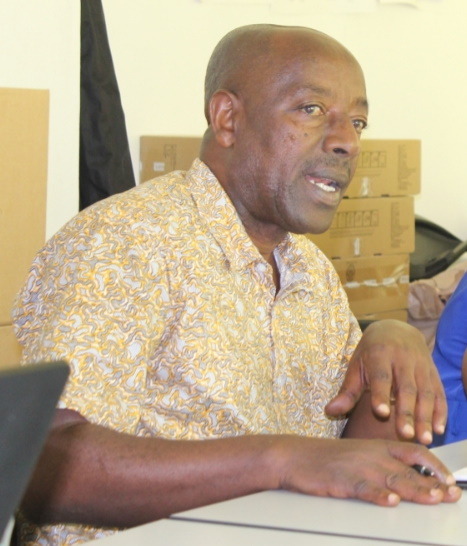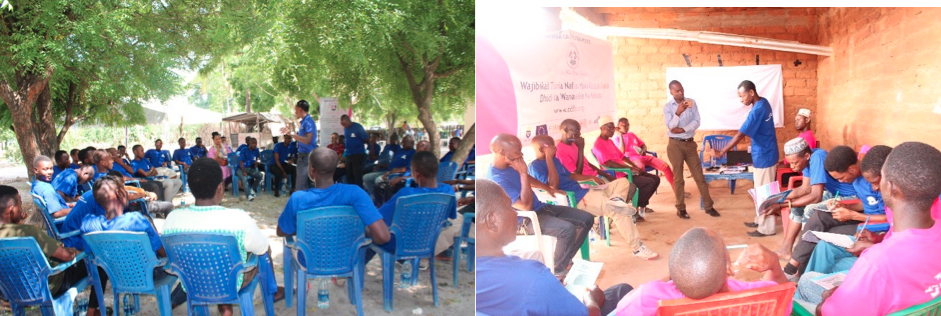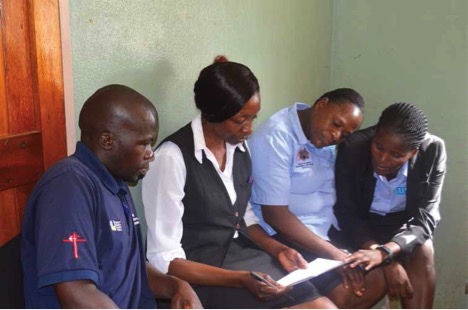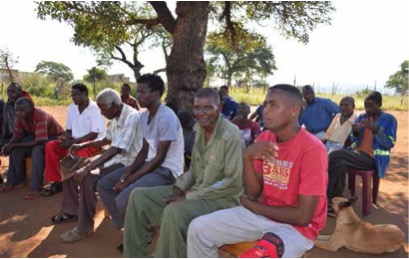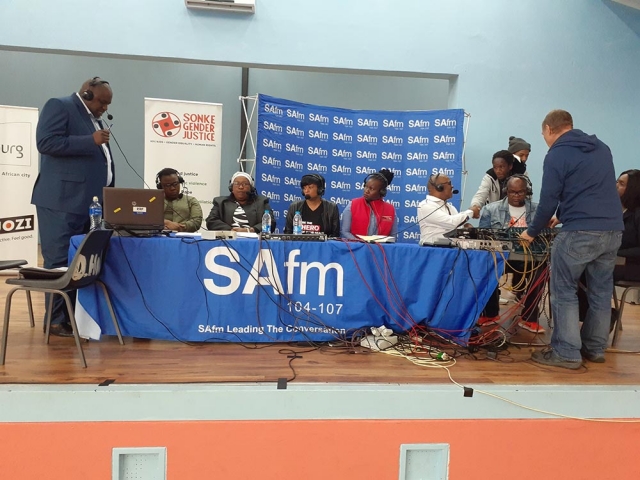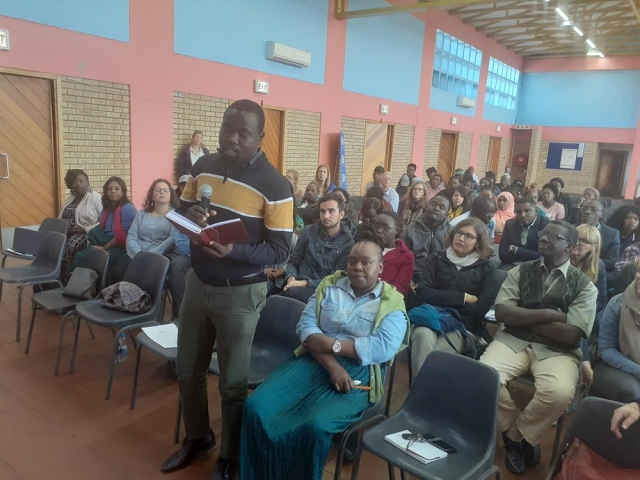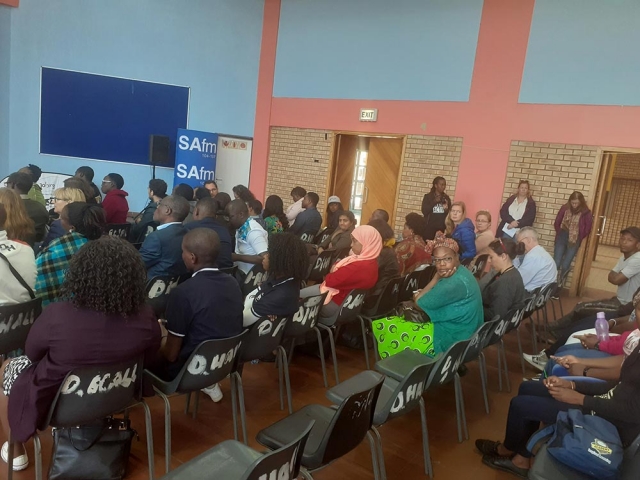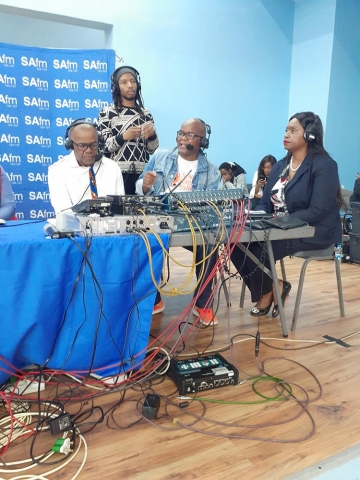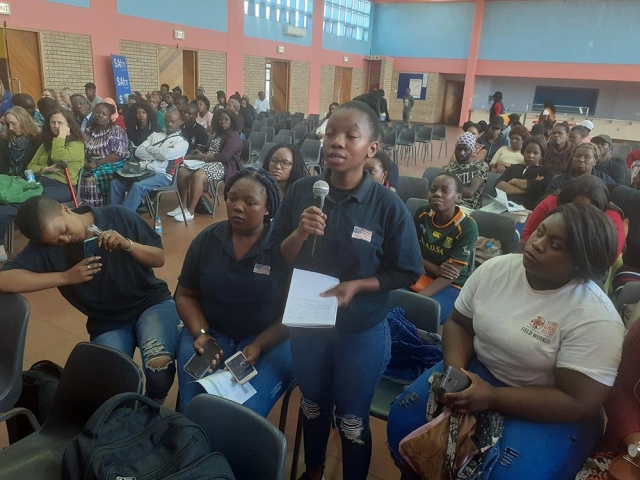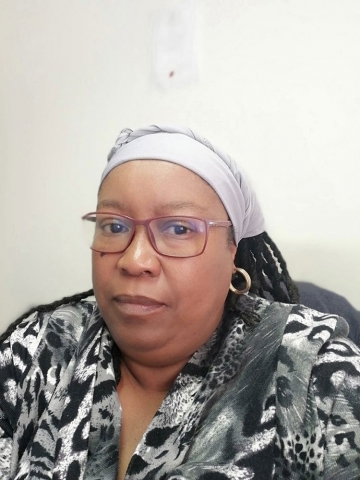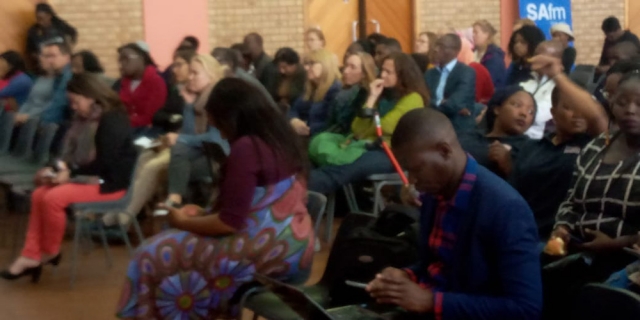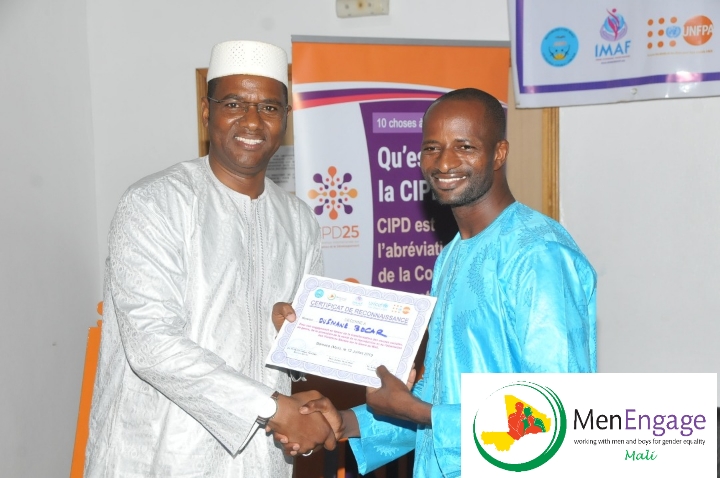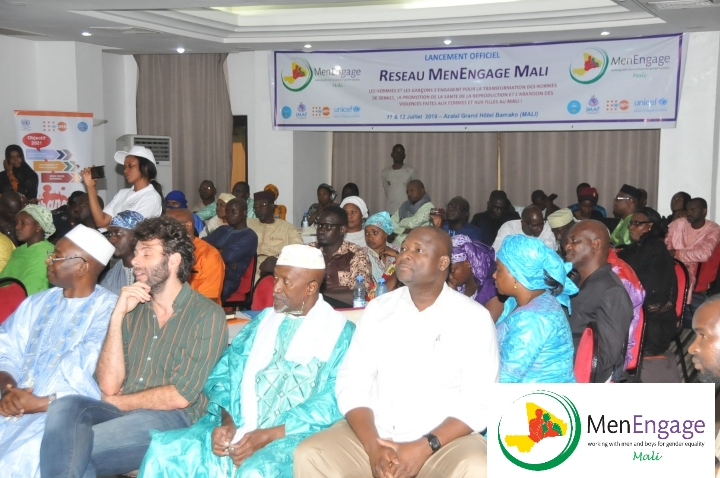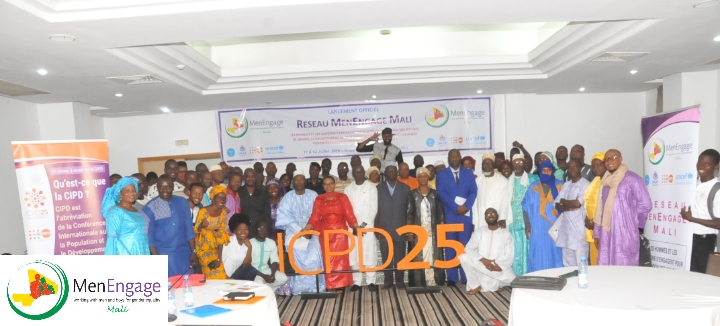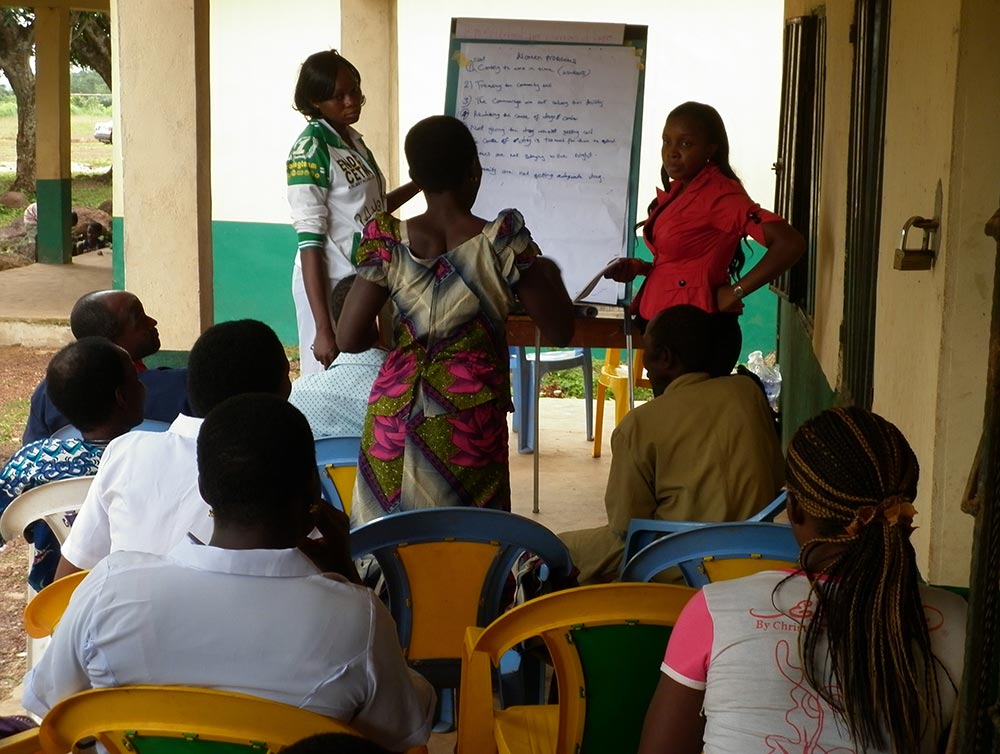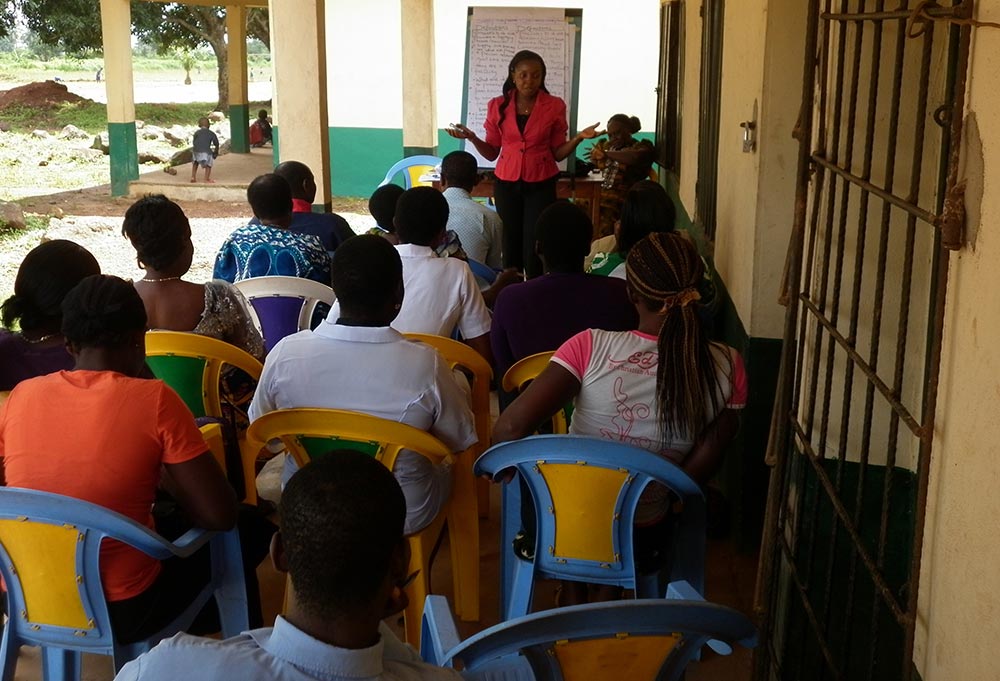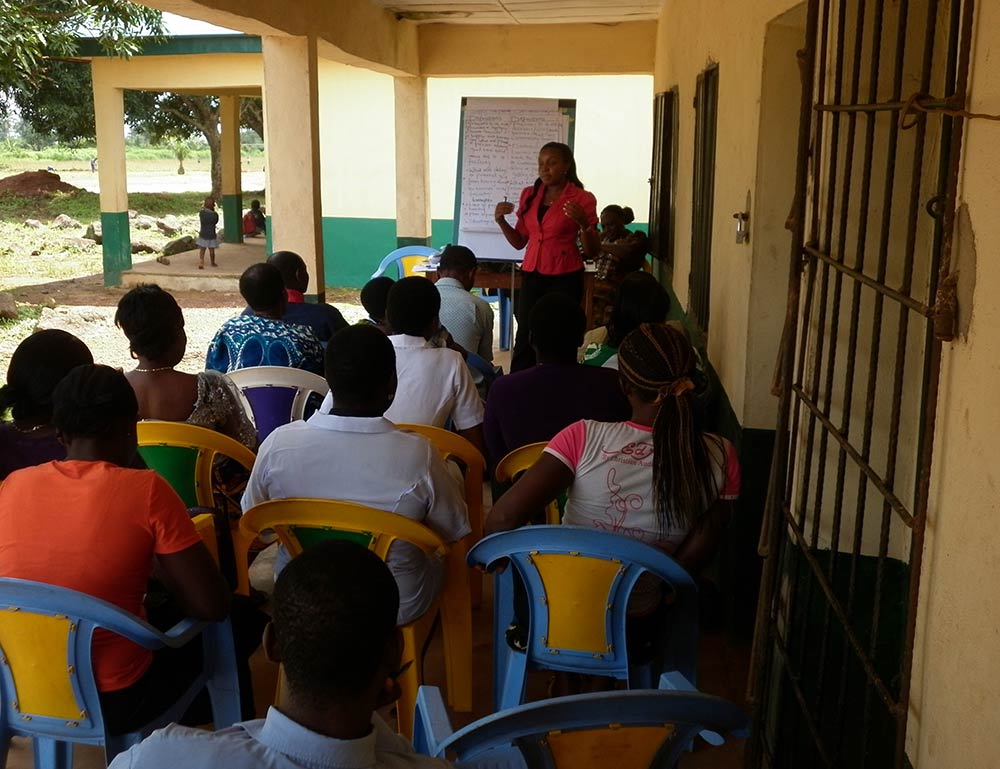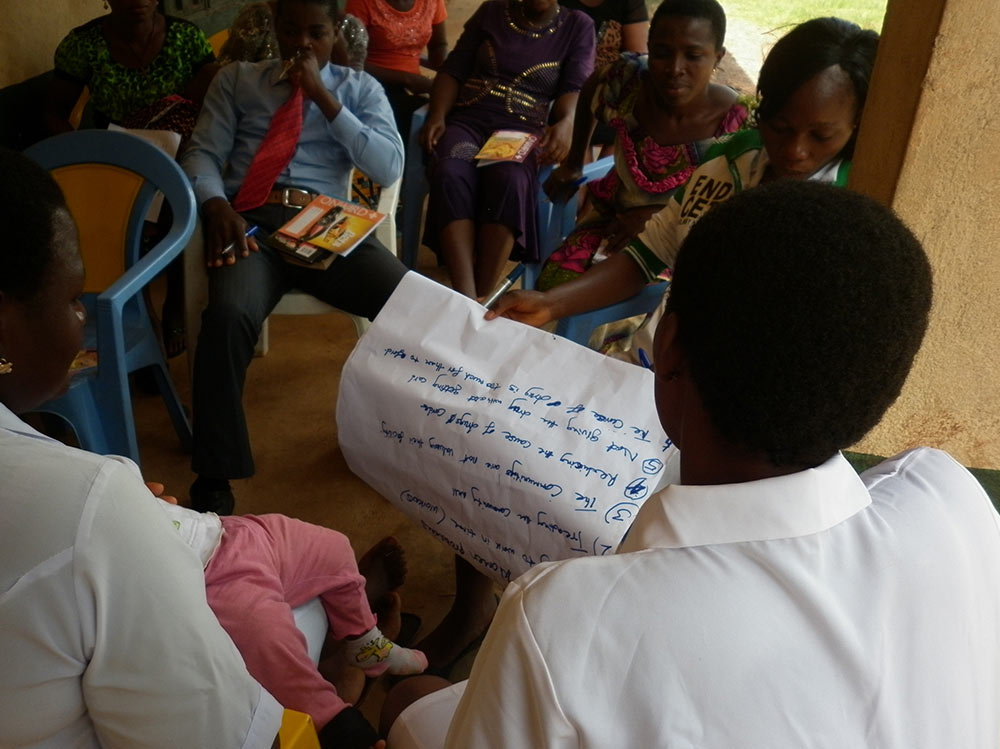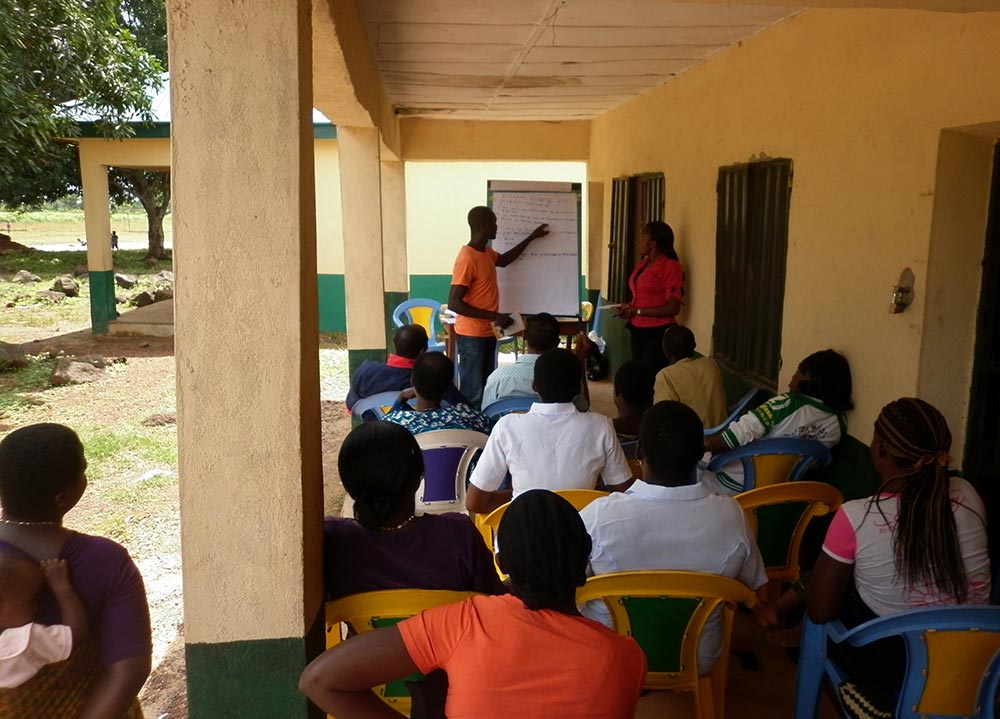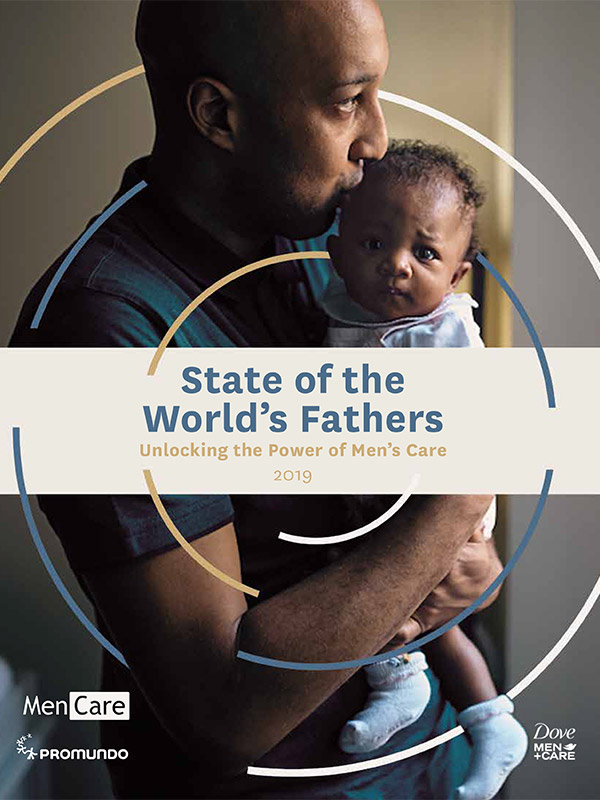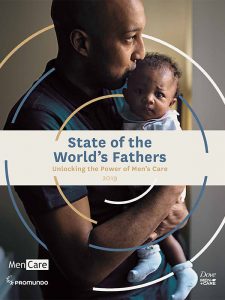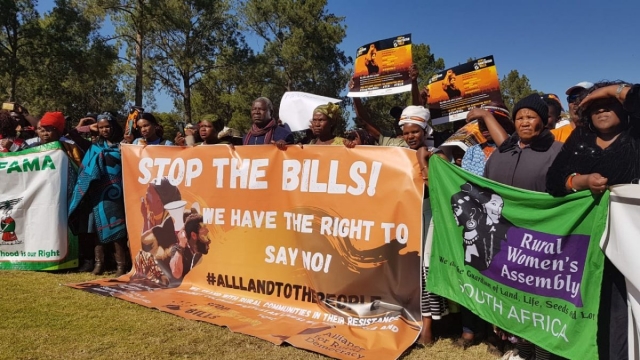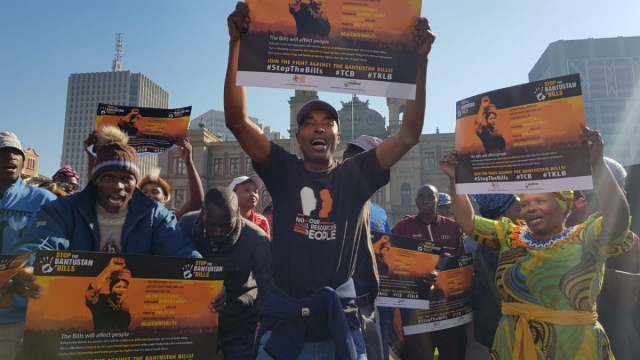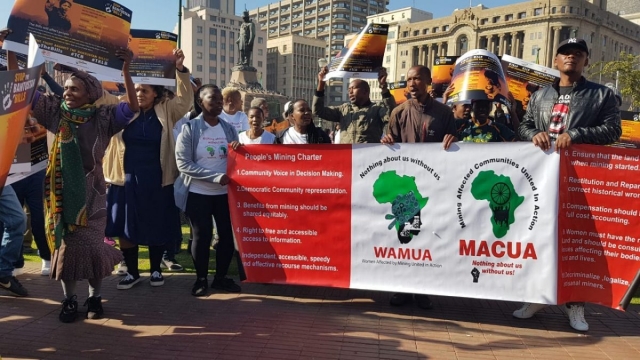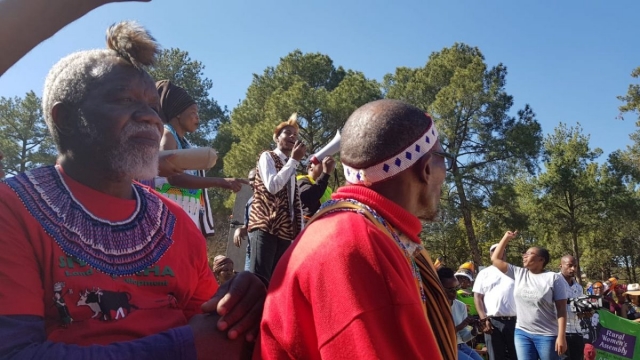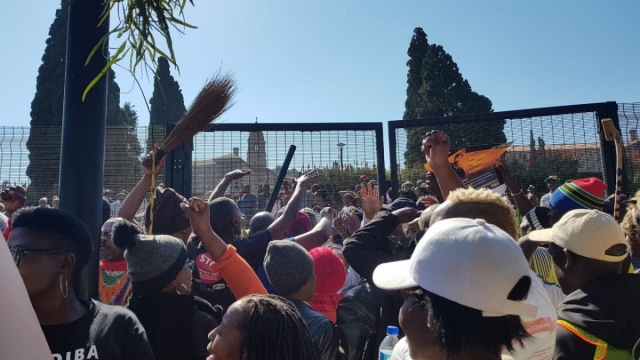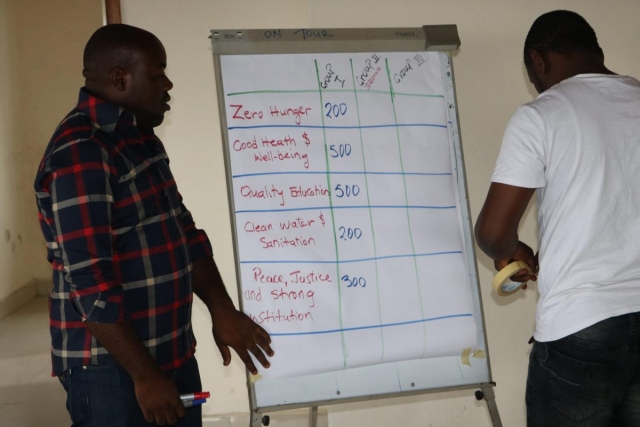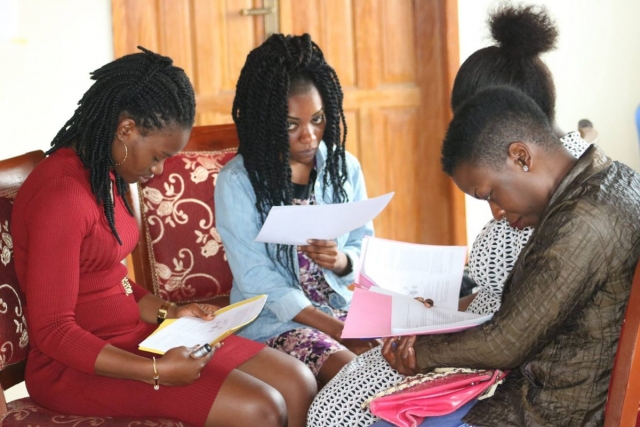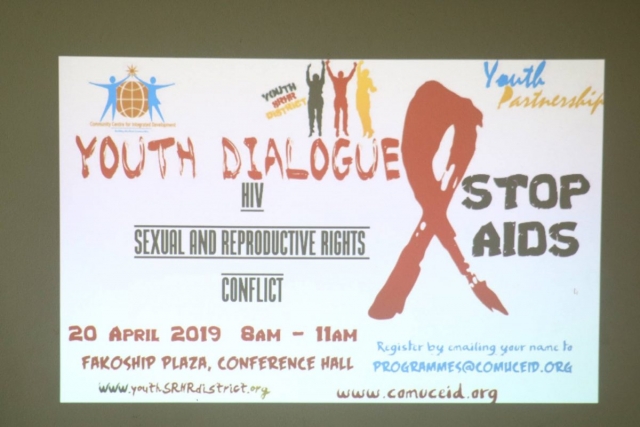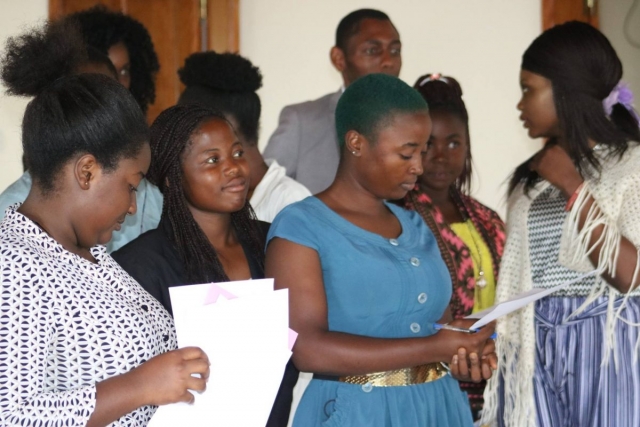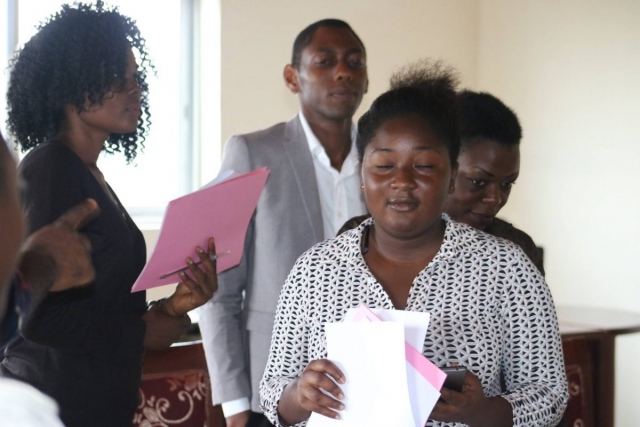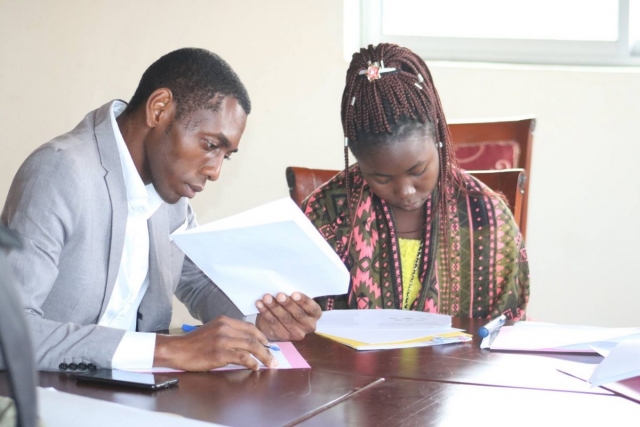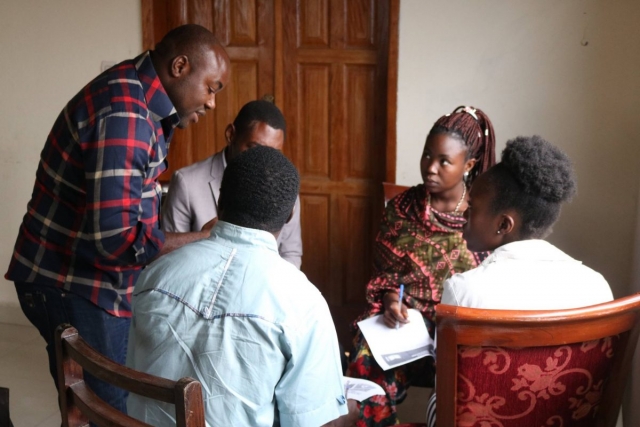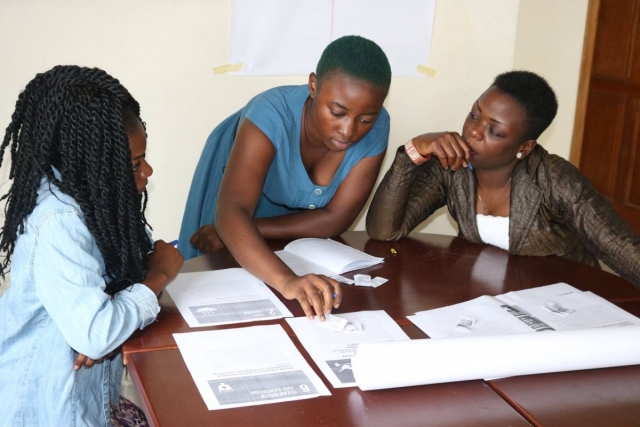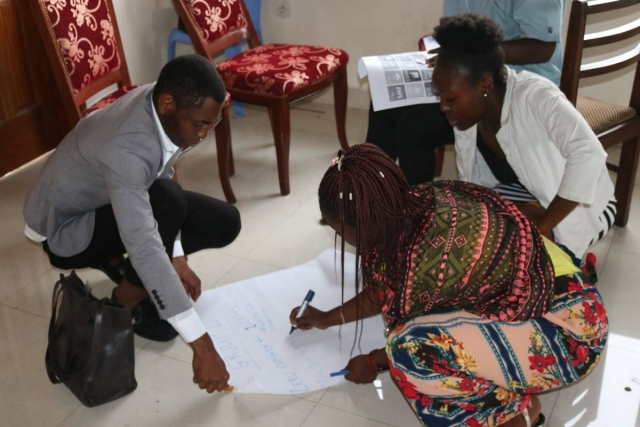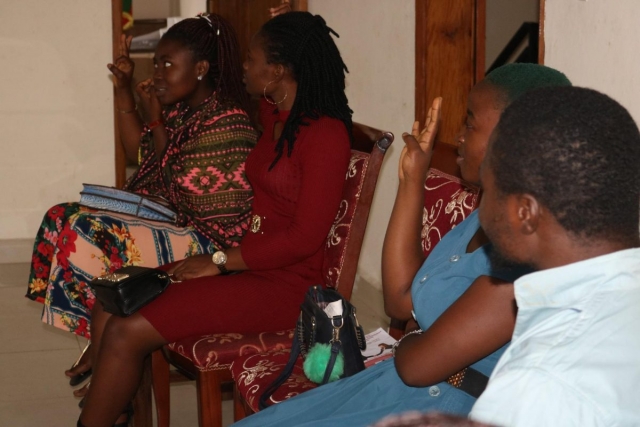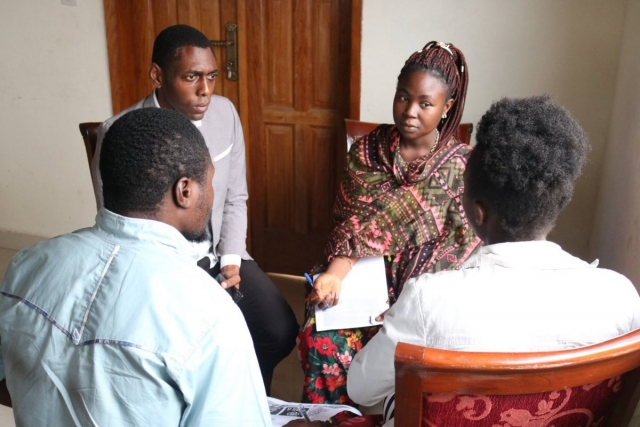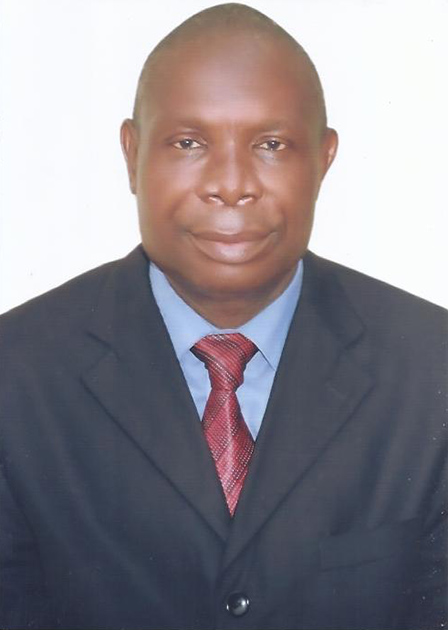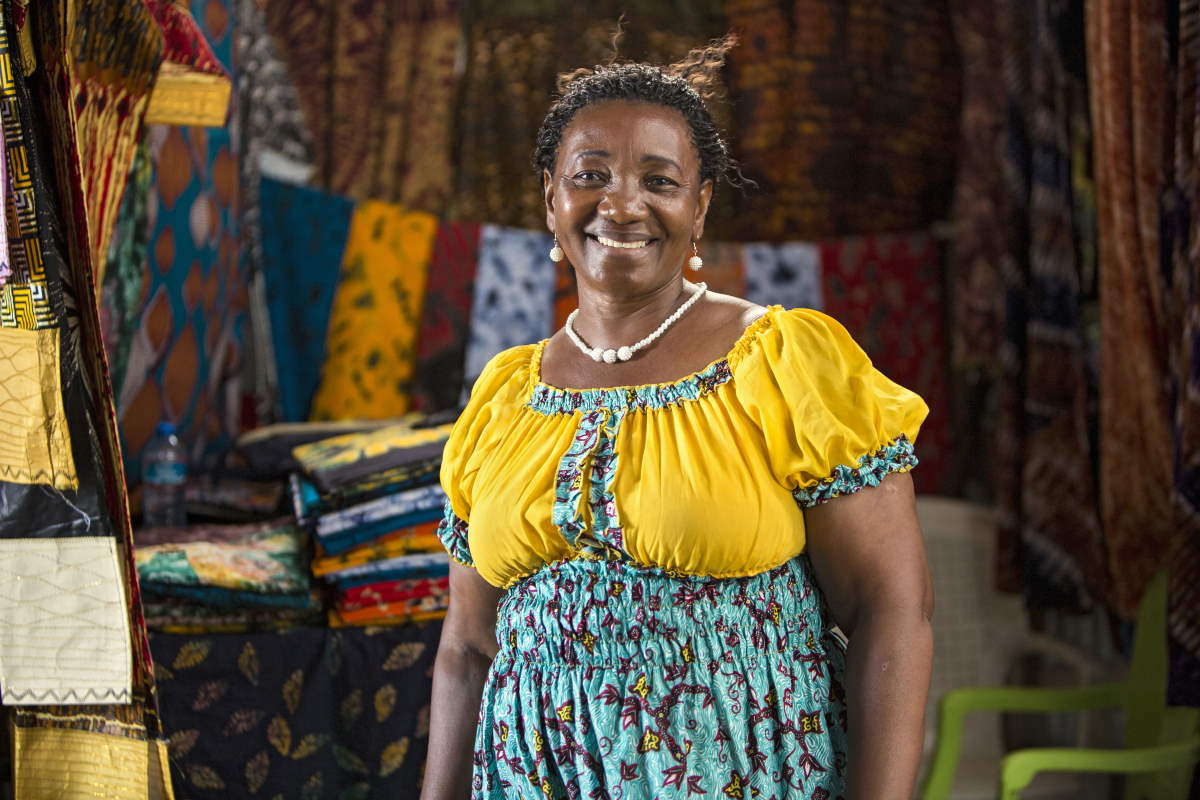
Eliminating gender disparities in all forms of life and empowering women have been an important agenda of the Tanzanian government since the early days of independence. Efforts to bring women into mainstream development and setting out the development agenda to address the imbalance between women and men have been undertaken in all spheres of life.
The need to address this imbalance was reflected in the “Socialism and Self-Reliance Policy” of 1967, whose main pillars were social equity, human dignity, and gender equity. In 1992 the government of Tanzania launched a “Women’s Development Policy” and later revised it in 2000 to a “Gender Development Policy”. Additionally, in 2006, the government developed a “Strategic Plan on Gender”, striving to address gender gaps and inequities between women and men with a particular focus on economic empowerment, access to and ownership of resources, employment, and food security and nutrition.
Building on the National Development Vision 2025 that aims to achieve a high quality livelihood for its people, including gender equity and the empowerment of women in all socio-economic and political relations,. the vision is aligned as well in the Women Development and Gender Policy (URT, 2001; URT, 2013) that calls for rectifying the historical imbalances between women and men through removing barriers that hinder women to utilise their potentials as well as removing social-cultural barriers such as norms, values, and cultural practices that continue to subjugate women to inferior social position.
Despite the significant efforts undertaken in Tanzania, gender differences still persist across many aspects in the labour market: Women are still experiencing different forms of inequalities and violence such as sexual harassment, unpaid work, and inequality in decision-making and management roles. More women are experiencing sexual harassment at workplace; false beliefs that question and undermine the capacity and ability of women working in the business sector; women joining higher ranking jobs have been much lower than for men; the labour market is still sex-segregated, with women concentrated in low quality jobs, which offer low employment status and low remuneration.
Findings from the Human Rights and Business Report (2019) published by the Legal and Human Rights Centre, an NGO based in Tanzania, revealed that 8% of female workers experience sexual harassment as one of the common forms of gender-based violence (GBV) at their workplaces. The report also shows that most companies do not hire women, claiming that they have no capacities to work in factories and industries.
Working in factories and industries is regarded as a masculine job that requires men for operation. Besides, the proportion of employed women in decision-making and management roles in government, large enterprises, and institutions is still a challenge. As reported by the National Bureau of Statistics (2014), the share of males in senior and middle management occupations (82.6%) is higher than that of females (17.4%).
Moreover, unpaid work, participation barriers and control of women’s income by men still persist in Tanzanian households. Iffat Idris’s research (2018) on mapping women’s economic exclusion in Tanzania shows that a greater proportion of women (69.9% versus 64.0% men) work in agriculture. Unpaid family helpers constitute 34.5% of those employed in agriculture – there are more than twice as many females as males in this category.
Additionally, women in Tanzania face discrimination in the labour market in terms of security, heath and legal protections. A study done by the Legal and Human Rights Centre (2019) shows that when most women become pregnant in the business sector, they are denied paid maternity leave and, usually, forced to find another job.
With the prevailing conditions, there is a need to design workable actions and policies which are inclusive and focus on addressing constraints women experience in the labour market. The government, through the Ministry of Health, Community Development, Gender, Elderly and Children and other relevant line ministries should put in place workable policies to address gender gaps in all spheres of life so as to improve the labour market and to expand opportunities for women to fully participate in socio-economic activities, and consequently, leverage a high level of development for all.
The government should also ensure that the private sector adopts affirmative action policies to protect women from any form of discrimination at the workplace, including promotion of women into managerial roles. Lastly, civil society organisations should work jointly to raise community awareness about the entrenched norms and attitudes that constrain women’s rights and welfare from the grass-root level.
